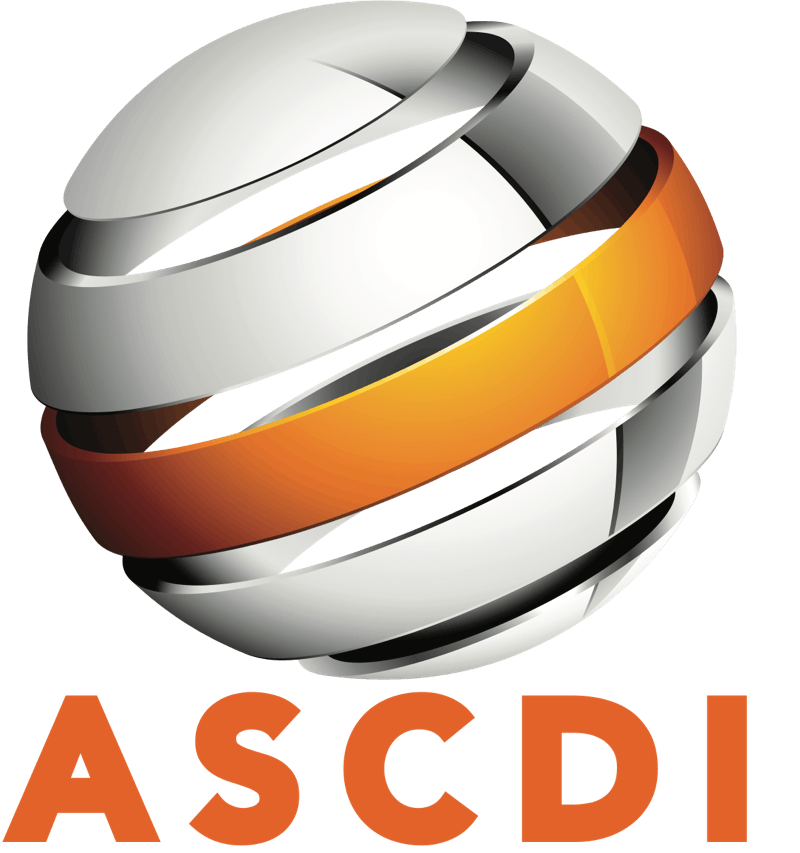By THE EDITORIAL BOARD SEPT. 7, 2015
American patent law should not be used to prevent consumers from reselling, altering or fixing technology products. A federal appeals court will soon hear a case that could clearly establish this principle.
Lexmark International v. Impression Products, which is before the United States Court of Appeals for the Federal Circuit, involves toner cartridges produced by Lexmark for use in its laser printers. The company is suing Impression Products, which buys used cartridges, refills them with toner and sells them to consumers. The refilled cartridges cost less than new ones sold by Lexmark.
Lexmark argues that Impression is infringing its patents, because Lexmark’s cartridges were sold to consumers under the condition that empty devices be returned to the company. Lexmark also asserts that the cartridges sold in foreign countries cannot be resold in the United States without its permission. The company bases this argument on a previous Federal Circuit ruling in a another patent case.
This case raises important questions about the reach of American patent law and how much control a manufacturer can exert after its products have been lawfully sold. Taken to their logical conclusion, Lexmark’s arguments would mean that producers could use patent law to dictate how things like computers, printers and other patented goods are used, changed or resold and place restrictions on international trade. That makes no sense, especially in a world where technology products and components are brought and sold numerous times, which is why the court should rule in favor of Impression.

Lexmark is suing Impression Products over the use of its printer cartridges. Credit Sandy Huffaker/Bloomberg News
If technology companies want to restrict how their products are used, they can lease their goods or sign contracts with business customers. Some manufacturers already use contracts to restrict reselling when they want to offer similar products at different prices in different countries. But using patent law to enforce restrictions is fraught with problems. There is no reason patent owners should be allowed to demand royalties from second or third owners of products who may be unaware of any restrictions.
Public-interest groups like Public Knowledge and the Electronic Frontier Foundation and technology companies like Google, Intel and Dell have filed briefs in support of Impression, arguing that patent law should not be used to limit the resale of goods and restrict international trade.
Pharmaceutical and medical device companies have filed briefs supporting Lexmark, arguing that a ruling in favor of Impression would make it easier to import drugs into the United States from countries where their prices are lower. That concern is misplaced, because the Food and Drug Administration has the power to restrict drug imports, and federal law already prohibits the re-importation of medicines made in the United States by anybody other than the producer.
A 2013 Supreme Court decision also appears to support Impression’s position. In Kirtsaeng v. John Wiley & Sons, a 6-to-3 majority said people should be able to import and resell textbooks that were first sold abroad.
To encourage innovation, the government gives inventors patents on their creations for a limited time. But patents should not give the manufacturer indefinite control over the product after it has been sold.
Follow The New York Times Opinion section on Facebook and Twitter, and sign up for the Opinion Today newsletter.
